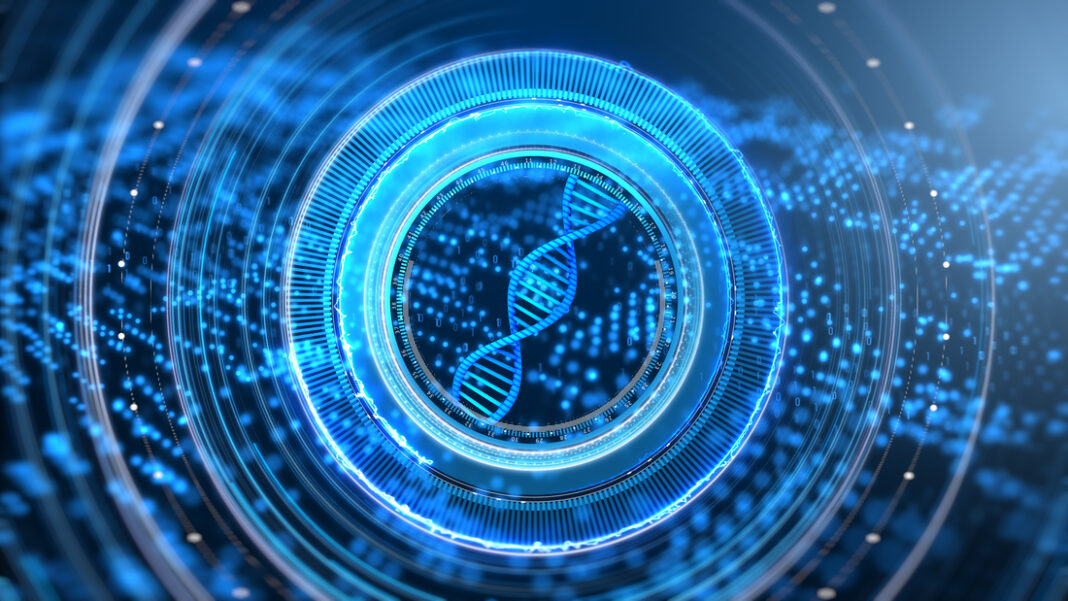Artificial intelligence (AI) is transforming the biotechnology landscape, significantly impacting areas such as agriculture and bioprocessing. A bibliometric study conducted by Niketan Deshmukh, PhD, and Reshma Talkal, PhD, reveals a remarkable surge in research activity related to AI in biotechnology from 2000 to 2025. Their findings provide a clearer picture of how AI is penetrating this critical field.
Deshmukh, the director of the LJ School of Applied Sciences in Ahmedabad, India, and Talkal, a deputy manager at Sundyota Numandis, utilized AI tools to conduct their analysis. They accessed the Dimensions.ai database, which employs AI to enhance natural language searches and summarize articles. To visualize the data, they used R programming and the VOSviewer software. Their research identified 5,422 articles related to AI in biotechnology, with a notable increase in publications since 2015.
From fewer than 50 articles per year between 2000 and 2015, the number of publications jumped to 1,163 by 2024. Deshmukh and Talkal highlighted that “the bibliometric analysis of AI applications in biotechnology underscores a significant growth in research activity over the past two decades, particularly after 2015.” The data indicates a shift towards more sustainable bioprocessing methods and increased integration of AI into bioprocess automation.
Collaboration Fuels AI Advancements
Deshmukh and Talkal attribute the rise in AI applications in biotechnology to advancements in computational power, machine learning algorithms, and heightened interdisciplinary collaboration. As Mike Bernhardt, a strategy expert with extensive experience in the high-performance computing sector, stated, “At the core of a thriving scientific software ecosystem are the cross-disciplinary professionals who develop, maintain, and scale a growing suite of tools and applications.”
While the United States currently leads in AI-related publications in biotechnology, accounting for 30% of the journal articles, maintaining this position is not guaranteed. Bernhardt emphasized the national imperative to stay ahead in AI applications, noting that “scientific software is far more than an academic concern—it’s a foundational driver of national competitiveness.”
He also pointed out that “AI, for the foreseeable future, is not self-evolving in any form that will benefit biotechnology without proper guidance.” The contribution of a skilled human workforce is crucial in navigating this rapidly evolving field.
Venture Capital Insights on AI in Biotechnology
The perspective of venture capitalists can provide valuable insights into the significance of AI technology. Thomas Thurston, chief technologist at Ducera Growth Ventures in Auckland, New Zealand, shared that his firm observes firsthand how properly integrated AI transforms biotechnology. “The bibliometric trends Deshmukh and Talkal identify mirror the investment patterns we track,” he noted.
Thurston highlighted successful agricultural AI ventures that bridge traditionally separate disciplines. For instance, Ducera Growth Ventures has invested in companies where computational biologists collaborate with entomologists to develop peptide-based bioinsecticides. These companies leverage machine learning to optimize naturally occurring molecules that target specific pests while preserving beneficial insects.
Furthermore, Thurston mentioned a portfolio company that combines microbiome scientists with data engineers to decode soil microbial communities, applying AI to understand complex interactions between microorganisms. This interdisciplinary approach has been key to the acceleration of AI adoption after 2015, as the technology became more accessible to domain experts.
As AI continues to evolve, collaborations across various sectors will be vital for success. “Supporting these collaborative teams through targeted investment and mentorship creates the conditions for breakthrough innovations in sustainable agriculture,” Thurston commented. This same collaborative spirit is essential for enhancing the application of AI in sustainable bioprocessing.
In summary, the integration of AI into biotechnology is rapidly advancing, driven by increasing research output and collaborative efforts across disciplines. As the field continues to grow, the focus on sustainable practices and the vital role of human expertise will shape its future trajectory.
